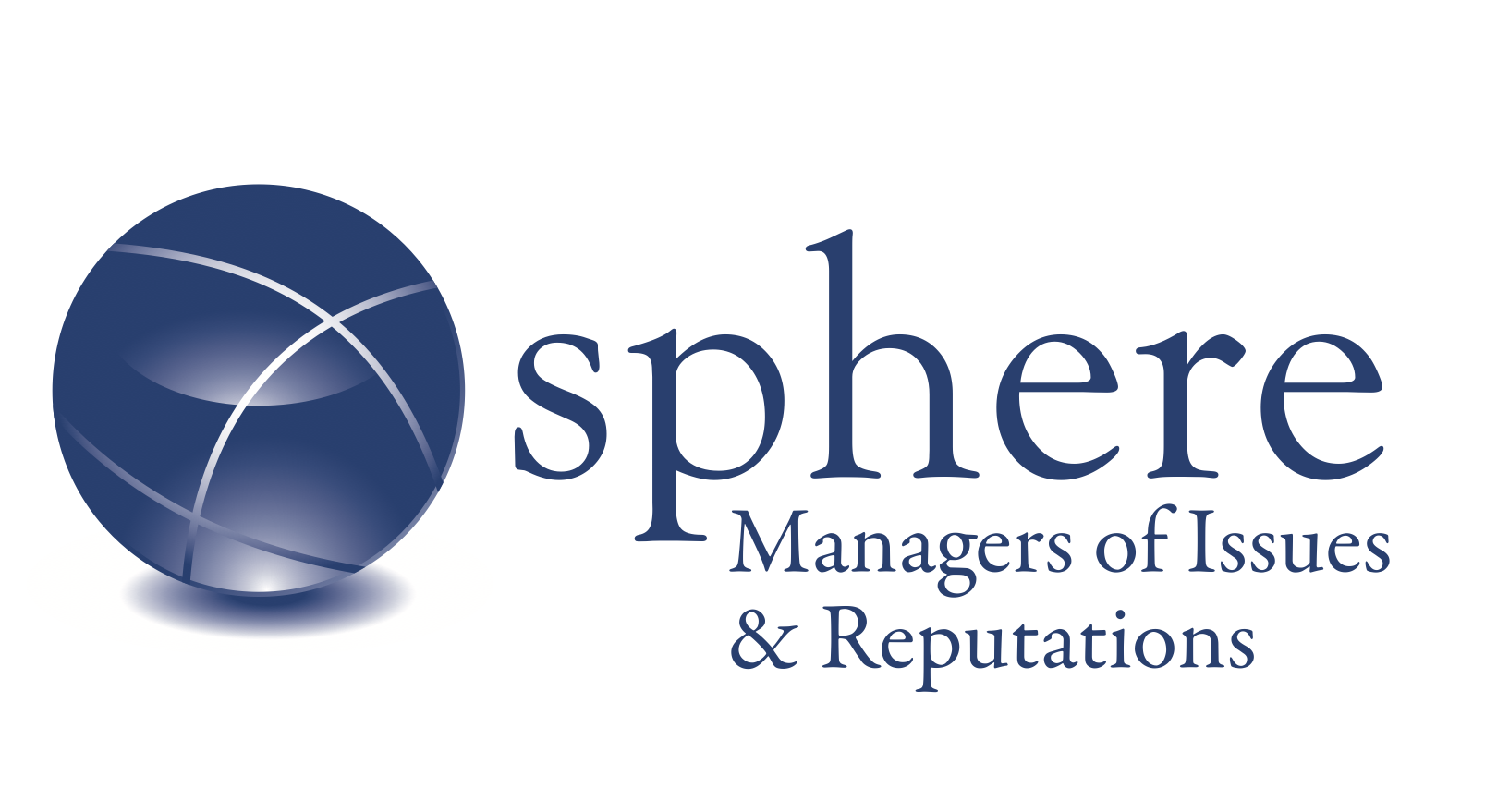01 May
2017
A Budget Deal (Short-Term, At Least), More Obamacare and No Trump Bump
- Congressional negotiators on Sunday reached an agreement to keep the government open and operating through Sept. 30, averting the possibility of a government shutdown and providing increased funds for defense and border security. The agreement does not, however, include money to build a border wall, meaning that there remain points to resolve when Congress begins to negotiate a budget for fiscal 2018, the first to fully represent President Trump’s priorities.
- Turns out not every Republican wants to repeal Obamacare. A late push last week to mollify conservatives who didn’t like the previous version of the repeal-and-replace proposal ended up scaring away some moderate Republicans whose constituents, it turns out, aren’t keen on losing their health insurance. Republican leaders say they are confident that a repeal will find its way to the House floor soon: “We’re going to measure three times and cut once,” said Rep. Pete Sessions of Texas, chairman of the House Rules Committee.
- Whither the Trump Bump? The economy grew a mere 0.7 percent in the first quarter, the Commerce Department said Friday, the smallest amount in three years and a sharp decline from the 2.1 percent annual rate in the fourth quarter of last year. Seasonal factors such as unusually warm weather in January and February might have contributed. Analysts expect a faster growth rate of 2.8 percent in the second quarter. On Wednesday, the Senate Budget Committee will take a look at “Private Sector Growth and the Economy.”
- The Federal Open Market Committee, the Federal Reserve’s policy-making body, meets Tuesday and Wednesday, but after Friday’s report of tepid first-quarter growth, few observers expect another hike in interest rates to follow the quarter-point increase approved at the March meeting. “The appropriate stance of policy is now closer to, let me call it neutral,” Fed Chair Janet Yellen said recently. With no post-meeting press conference scheduled on Wednesday, the FOMC is unlikely to take action.
- James Comey, the director of the FBI, returns to Capitol Hill on Wednesday to testify at a Senate Judiciary Committee oversight hearing. Rarely a dull witness, Comey will likely be questioned about his March announcement that the agency is conducting an inquiry into Russian interference in the 2016 presidential election, which will also be the subject of a May 8 Judiciary Committee hearing.
- Federal Communications Commission Chairman Ajit Pai last week released a proposal that would reverse the strict Net Neutrality rules put into place in 2015 by his predecessor, former F.C.C. Chairman Tom Wheeler. The rules, which ensure that all online content is treated the same by the companies that sell broadband Internet service, could be rolled back with only a majority vote of the commission. Expect plenty of court battles if that occurs, however, something that Chairman Pai is likely to discuss on Friday when he talks about the issue at the American Enterprise Institute.
- President Trump signed an executive order last week calling for a re-examination of the use by previous administrations of the Antiquities Act to designate certain lands as national monuments. Trump, who described the designations as a “massive federal land grab,” wants to return authority over many of those lands to the states. On Tuesday the House Subcommittee on Federal Lands conducts an oversight hearing “Examining the Consequences of Executive Branch Overreach of the Antiquities Act.”
- With President Trump already having ordered military actions against ISIS, the Heritage Foundation on Monday will ask “Is It Time for Congress to Pass an ISIS-Specific Authorization for Use of Military Force?” Other terrorism-related events this week include a Center for a New American Security seminar on Wednesday on “New Terrorism Threats and Counterterrorism Strategies” while the Senate Armed Services Committee conducts a Thursday hearing on the U.S. Special Operations Command.
- Prescription drugs account for $1 of every $6 of health care spending in the United States, meaning they will be a big part of the coming debate over reforming Obamacare and how to manage expensive new drugs and price hikes on existing drugs. On Tuesday the Brookings Institution hosts a half-day seminar on “Reining In Prescription Drug Prices.”
- Voters in France will go to the polls on Sunday for a runoff election that much of the Western World will be watching with great interest. Marine Le Pen, the far-right candidate, faces off against Emmanuel Macron, who is leading in the polls with 59 percent, but with a shrinking margin. Le Pen said that if elected she would name as her prime minister Nicolas Dupont-Aignan, a right-wing politician who shares her distrust of the European Union and globalization.
